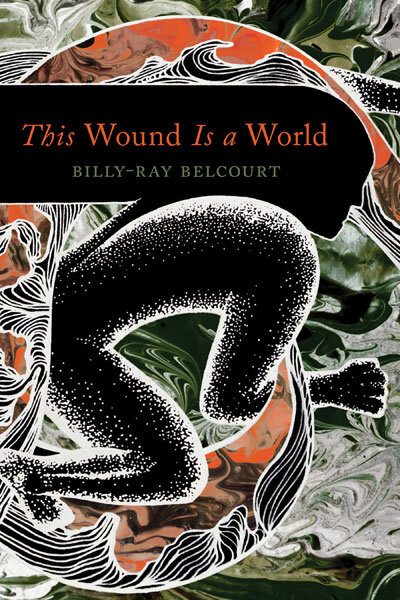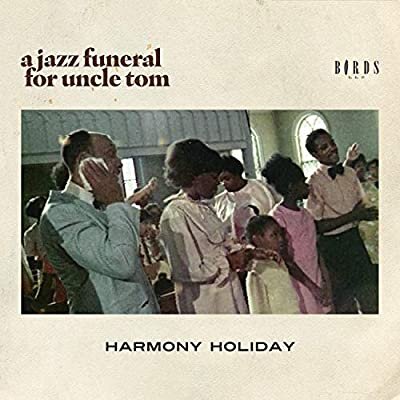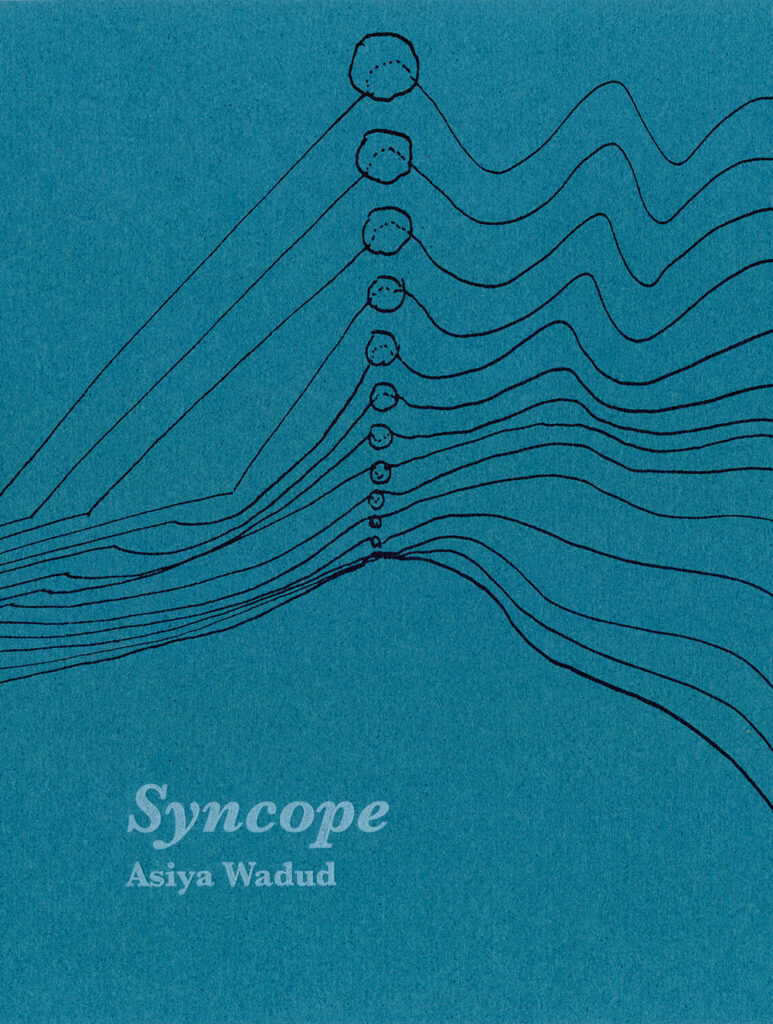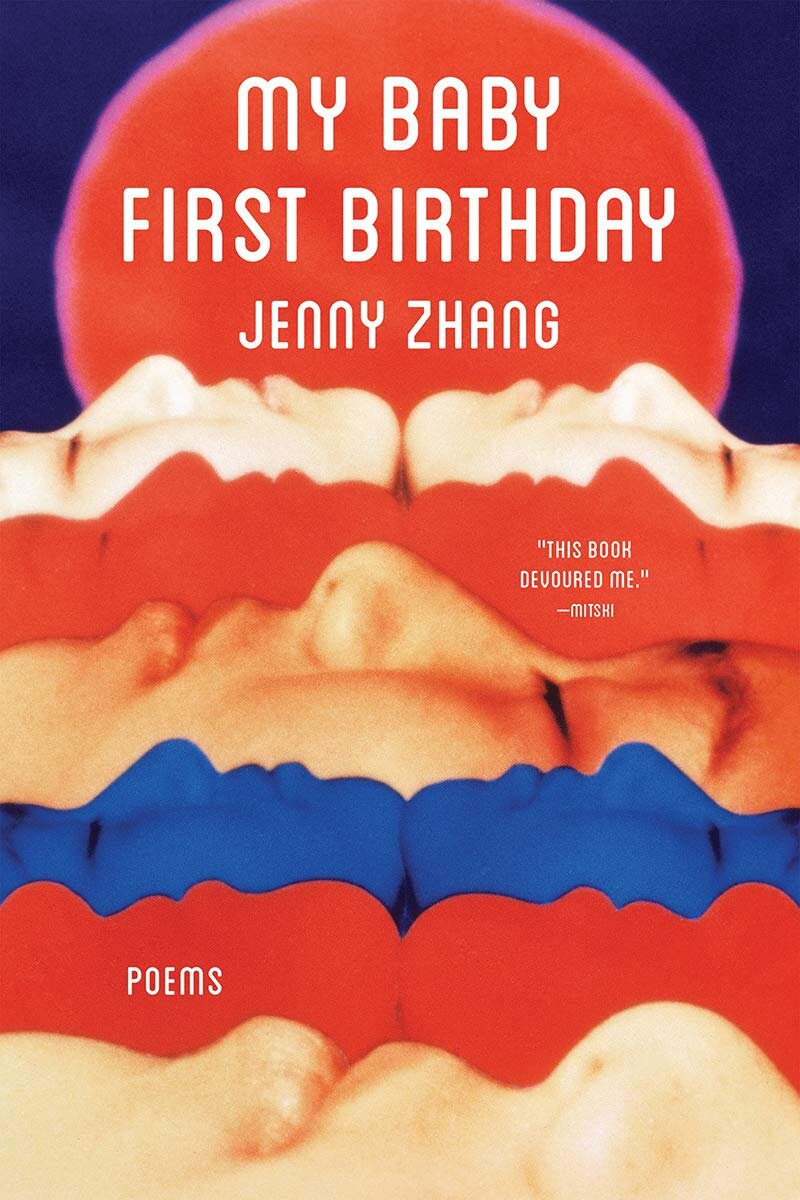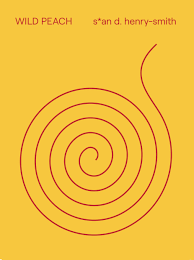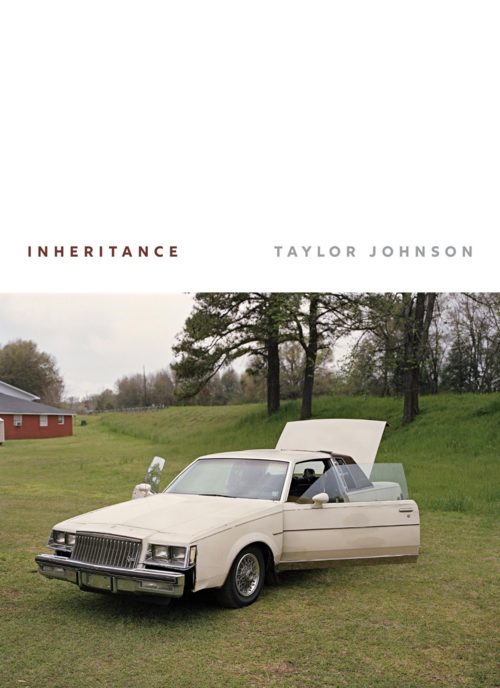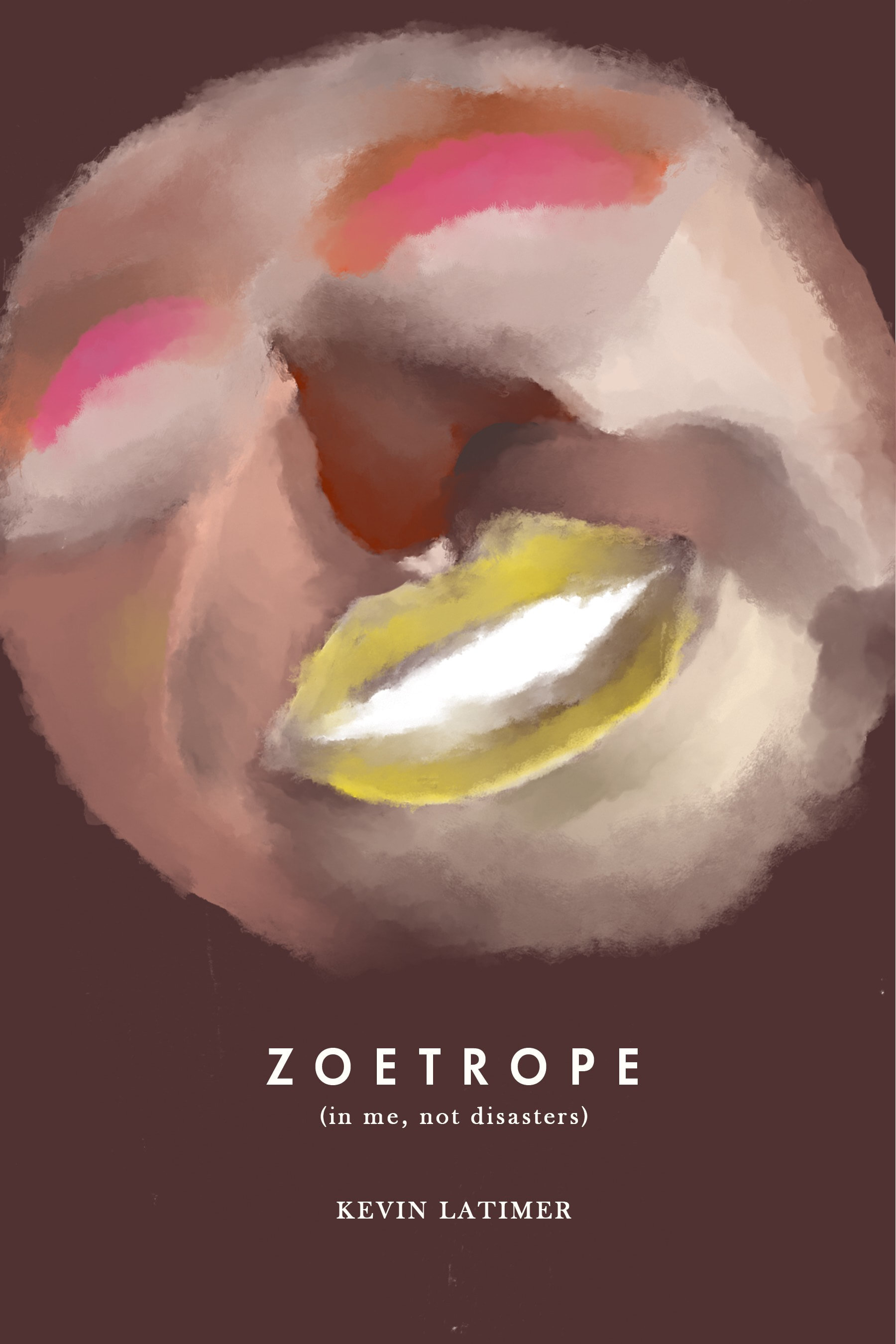KAM HILLIARD: MEET THE EDITOR!
NOTE: Because we are a proud and excited chosen family here at the CSUPC-EG, let us introduce our interviewer by introducing the latest issue of the journal of american language, a project of our very own Zach Peckham’s making!
Zach Peckham: Hey Kam! Welcome to the internet or whatever. How’s it going? How’s Cleveland been treating you? Can a place treat a person? This question is awful.
Kam Hilliard: If it makes you feel any better, Zach, if we were in person I, too, would’ve asked the horrible question; but Cleveland has been great so far! I live near Shaker Heights and there’s plenty of (leafless) trees and walking paths—it’s a beaut.
As to your second point, can a place treat a person, I am inclined to say YES. A place is a desire made material; it’s what happens when people gather and believe. In this sense? I think there are ways that we all belong to Cleveland that concern me; they seem to be settler white nationalist practices, unfortunately. In this way, Cleveland is completely ordinary among the cosmopolitan, rural, unincorporated, and experimental communities of America.
America is a place that treats some people poorly and other people well. In September, Cleveland was named America’s poorest big city via census data. I’ve heard this joke twice: “The Cleveland Clinic? Psh. You live at the Cleveland Clinic. One day they’re gonna knock on your door and ask why you’re on their property.” It is almost as if racialized and gendered concentrations of wealth literally kill.
IDK though. I remain whole, mostly in balance, and happy to be here. Cleveland has a vibrant and forward-thinking literary scene of which I am happy to be a part.
ZP: Thanks for giving an answer so generous it made my question sound like it was actually smart. The range of your response has me thinking how everything feels increasingly meta these days. Like we can’t talk about the thing without examination of the thing’s thingness too, the subtexts and ironies of our day-to-days pile up awful quick if we take long enough looks at them. Which feels like the proper operative space for poetry. Are we in the poetry zone? Is something about now a special kind of poetry time? I feel averse toward prescribing some “use case” for, what, the drive to play with and in and be of language, but also I feel like, yeah, totally. This is where we are now.
KH: I (dis)agree! I think this is a new kind of epistemology, one attuned to realities of antiblackness, global health, climate change… however, the emergence of a system or relationship does not necessarily denote its creation, merely its recognition by this body politik. Perhaps our frog has been boiled, is well done, and waits for us, crusted on to the bottom of the pot—like a numb lump of carbon.
In other words, I believe we are on the cusp of a new political project which doesn’t rely on pity or sympathy for anyone, but rests in the moral faith that everyone (but mostly Black Trans folx cause they’re out here getting attacked for the crime of existence) deserves a life free from harm. First step is this noticing, this piling on you describe is an accumulation of vibe, suspicion, experience, and insight. It’s the rearticulation of trace uses, elements, and histories.
So is now a poetry time? It always will be.
ZP: I want to ask you something about influences and friendships too, in writing and action, into activism, daily life, hither and yon, because I feel like that’s all really tied up with the noticing you describe. As well as what importantly comes after the notice: rearticulation, activation. Wanna just do a mood board here? Make us a word cloud? What are you getting into/around today(s)? What’s proving to be nutritive, restorative, generative?
KH: OMG! Zach, as our relationship develops, you will find that I prioritize the work of Sara Ahmed. Here’s why: she helps us understand that when we do things we leave marks, certain kinds of marks and those of us who feel disillusioned, unaffiliated, disrespected, or rejected from groups and institution on the grounds of identity are bonded in banishment. This is to say birds of a feather flock together and organize and bake bread and write letters and cry and fail and try again.
Metaphorically speaking, if upon entry to the University you, say, trip on a rug, this would be embarrassing. Why? You have not managed to properly enter the University. You have proven what the University already knows and will never say: this place is not for you, that is why you do not use it very well. Further, we can imagine “tripping” as any number of academic, extracurricular, athletic, social, or legal snags that happen to certain kinds of people or defenses that can be deployed when a member of the university threatens the health of the entire university.
Let’s say the University decides you don’t belong there—it will leave marks removing you. Ahmed reminds us that these marks are trace elements, potentialities, and unassembled archives. In other words, we find each other through the marks we leave in the world. We recognize our survival in others and seek them out. This is a good way to make friends, too, and honestly, these friendships are the mitochondria of any local politics.
ZP: I’m inclined to also ask the new standard question for the era. Apologies. I know it’s exhausting to talk about exhaustion. But I imagine when you accepted this fellowship the notion of doing it remotely, in the midst of all this, was not part of the equation. Quarantine fellowship? I’m curious to know what it’s been like to adapt for the present, and more importantly what you’re working on and toward as the Anisfield-Wolf fellow right now.
KH: It is NOT exhausting to talk about exhaustion for me! It is exhausting to talk about resiliency at this point, lol. Like, I get it. Tough times. Tough hearts. Nose to the grindstone or something, but what might it mean to persist in conditions increasingly precarious and dangerous? I am very very suspicious of grind culture, productivity, and output as mechanisms of reward, punishment, and justification.
But I am very lucky to be working at the CSUPC. It is a nationally recognized small press doing amazing work and publishing some longtime favorites like Oliver Baez Bendorf's Advantages of Being Evergreen, Shane McCrae's MULE, as well as new and thrilling collections like Shelley Feller's Dream Boat. The CSUPC is a creative laboratory in publishing and writing where we develop deeper thinking and rationales about the paths books take from creation to readership. Further, my fellowship addresses issues of diversity, inclusion, and equity (I prefer this order for it does make clear the that the stakes of earnest membership and co-existence are to d.i.e.) which makes the position a true fit.
With the pandemic going on, I am leading a new digital initiative called EXCLAMATION’S GAUNTLET, a multi-limbed experiment in documentation, editing, and publishing. We support authors of the CSUPC, students at the NEOMFA, and the general Cleveland literary community. I am most excited for this project because I think it will offer free, high-quality content particularly relevant to the Cleveland community.
And as for me? I am working hard to sleep and rest and heal and be loving toward myself and others. This includes drinking tea, stretching, and reading…
ZP: You’ve got a book coming out with Nightboat too, right? Or can we not talk about that yet?
KH: I love your questions, Zach. This one reminds me of Forche’s “The Colonel,” “What you have heard is true.”* And, differently, but, yes! My first full length collection of poetry is under contract with Nightboat Books! I am very happy. I started writing that book in 2015 and I’m almost glad to be rid of it. I think it will be pretty good. We will see. You can find some poems from the collection in Tagvverk, and Baest: a journal of queer forms.
*the full first line of Forche's "The Colonel" is "WHAT YOU HAVE HEARD is true. I was in his house. His wife..." which is so so so much better than what I, Kam, had originally remembered but I just wanted to offer the accurate quote and encourage you to check out the poem. It is a great poem. People are always like "poems have no nouns!" "poems have no bric-a-brac!" but this poem, it is horrible, it is drenched in both kinds of clutter--go check 'em out!!
Kamden Hilliard is a Black, nonbinary settler from Hawai’i and author of three chapbooks, most recently, henceforce: a travel poetic (Omnidawn Books, 2019). They earned a BA in American Studies from The University of Hawai’i at Mānoa and an MFA in Poetry from The Iowa Writers’ Workshop. Kam studies surveillance, race, queerness, and American politics. They are thankful for support from Artist Relief, The Davidson Institute, Sarah Lawrence College, The UCROSS Foundation, and Callaloo. You can find Kam’s writing in West Branch, The Black Warrior Review, and Tagvverk. Formerly, they are an AmeriCorps VISTA, teacher, and Pfluflaught Fellow at the University of Iowa. Currently, they are the 2020-2022 Anisfield-Wolf Fellow in Publishing and Writing at the Cleveland State University Poetry Center. Forever? Find ‘em on the internet at kamdenihilliard.com.
Zach Peckham is a writer and musician from Massachusetts who quit his marketing job to study poetry in Ohio. His work has appeared or is forthcoming in jubilat, The Lowell Son, Happiness Pony, @tuffpoems, Barnhouse Journal, Poetry Northwest, and on the Academy of American Poets website. He is a candidate in the NEOMFA.
